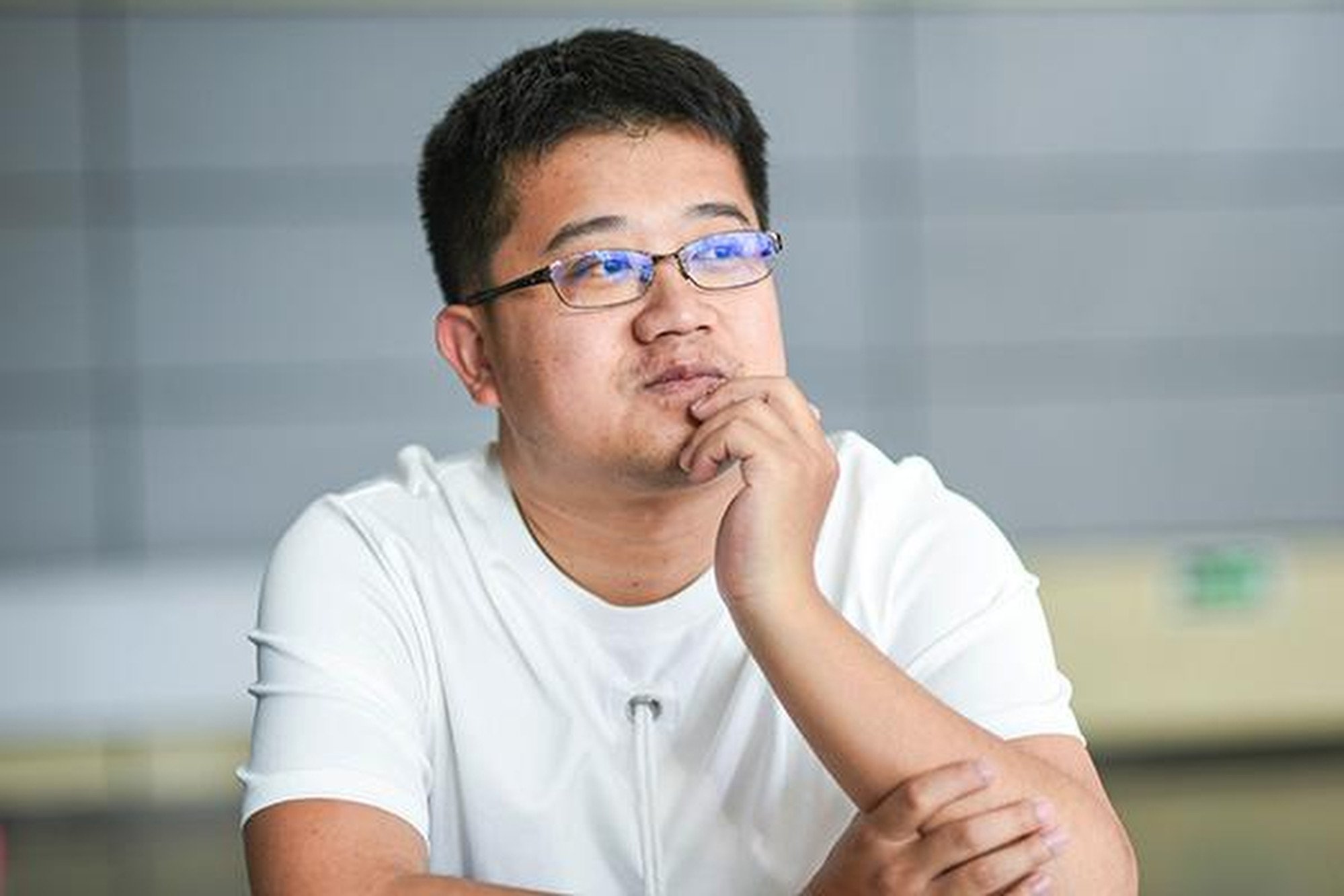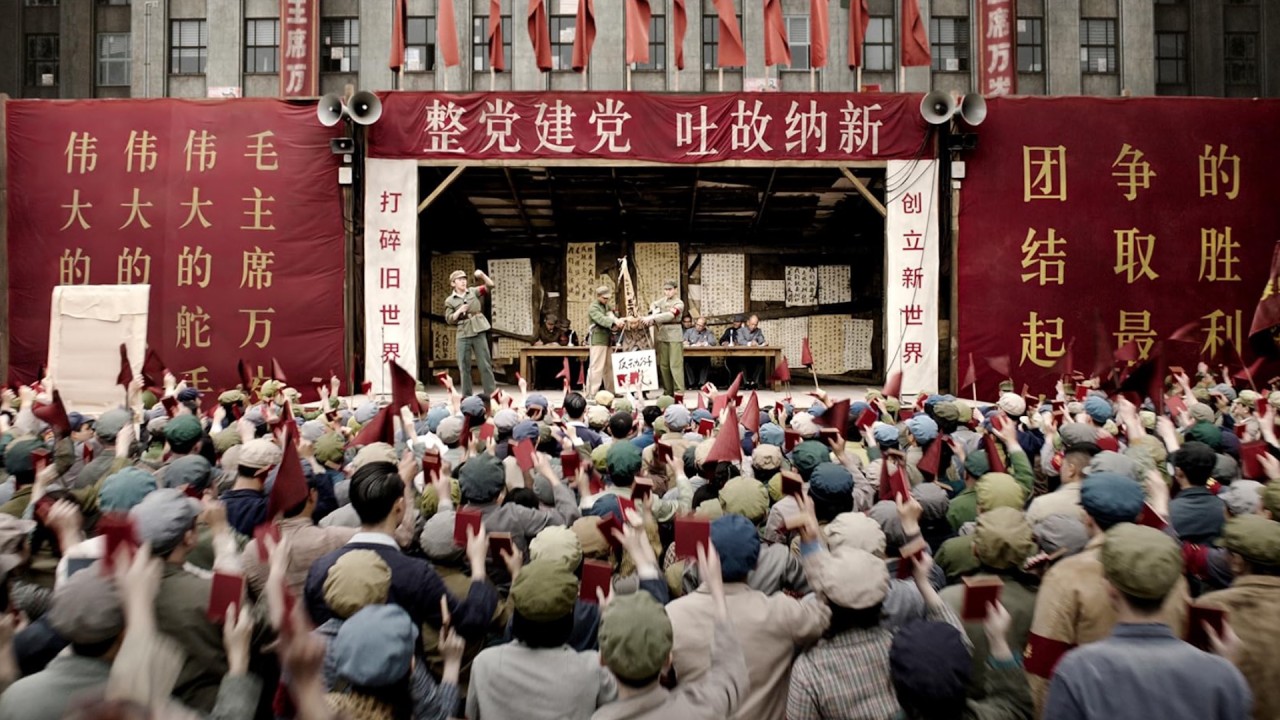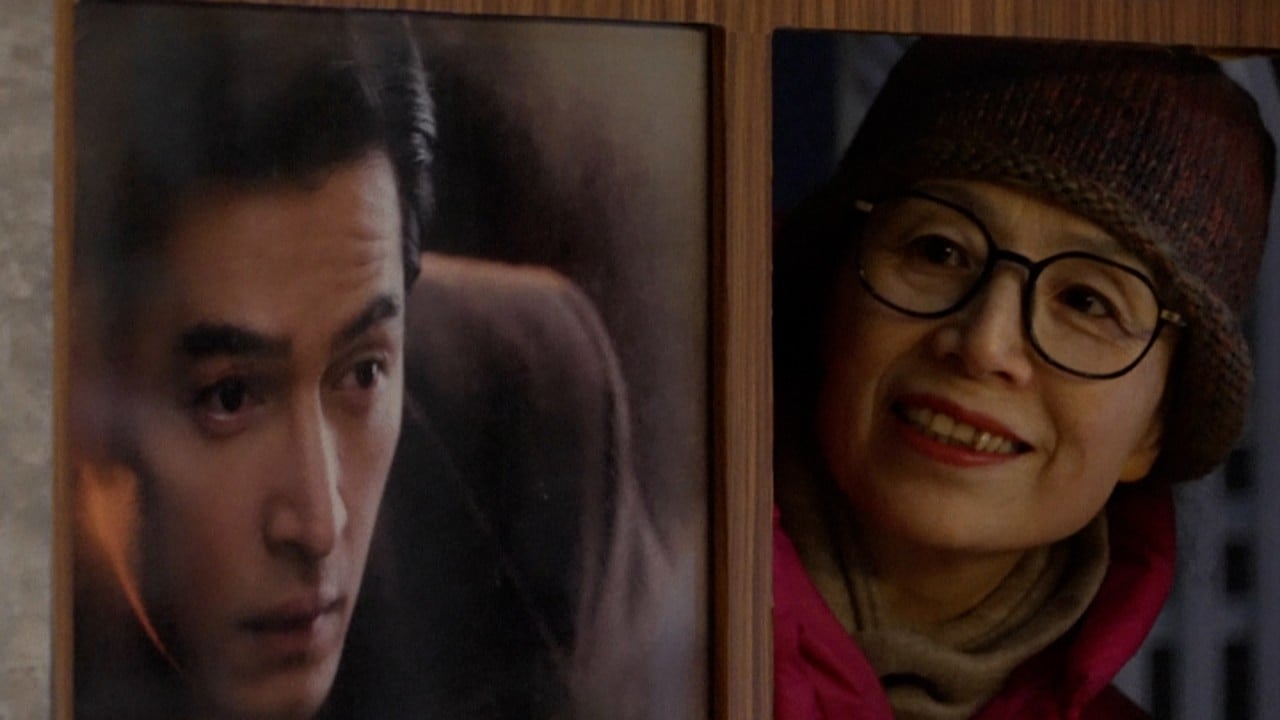
Writer Ma Boyong blends Chinese history and imagination to transport modern readers to ancient dynasties
- Ma, one of China’s hottest fiction authors, combines thrilling plots with historical detail to create stories that are ‘both exciting and plausible’
- His books, which have inspired TV and film spin-offs, have won acclaim as young people embrace cultural heritage and ‘China-chic’ trend
For the past century, most of China’s top literary luminaries rose to fame by telling modern stories and critiquing the country’s past.
In the Republican era and during Mao Zedong’s rule, pioneers of modern Chinese literature such as Lu Xun criticised traditional feudal society.
In his novels, Ma mixes Chinese history with imagination, taking readers back to ancient dynasties. His plots are intriguing but plausible and full of fact-checked details.
Ma is one of China’s hottest popular fiction writers – and one of its most prolific. The 43-year-old has published over 20 books, including historical novels, essays and nonfiction. The top sellers have been adapted into television dramas and films.
He embraces China’s cultural heritage while blending history with modern elements.
“All kinds of novels, even historical ones, are about modernity,” Ma said, adding that authors of historical novels should keep modern readers in mind and find an angle that is relevant and appealing to them.
Before becoming a full-time writer in 2015, Ma worked in sales at French energy company Schneider Electric for a decade. He graduated with a marketing degree from the University of Waikato in New Zealand.
During his time in sales, his interactions with people from all walks of life gave him inspiration and insight into how contemporary Chinese people think and what they care about.
Ma uses timeless, universal themes to help readers connect to historical characters and narratives.
“From the past until now, anxieties and control over resource allocation have never changed,” Ma explained, adding that many conflicts and power struggles of the past paralleled those of the contemporary world.
Ma draws his readers in by presenting his ideas from a humble perspective. His protagonists are usually ordinary people – the type rarely documented in mainstream history books.
His new book Journey to the South, published last month, is set during the Western Han dynasty (206BC-9AD). It features an official who is “lying flat” – modern slang for doing the bare minimum to get by – while navigating the complex politics of the Nanyue Kingdom, or today’s Guangdong and Guangxi provinces.
The character follows clues related to the southern region’s famed cuisine – from coconut water and jujube porridge to steamed fish and barbecue – to investigate a series of conspiracies.
“[Love of] good food is the biggest common ground among Chinese people … and now most modern people would like to lie flat and take a rest,” Ma said, explaining how he helps contemporary audiences connect to historical stories.
“The empathy between ancient and modern times lies here,” he said. “A present ‘wage slave’ is no different from a past one.”

Ma gained widespread popularity in 2012 with the release of The Deception of Antiques, which describes the adventures of a small antique shop owner embroiled in intrigue and conspiracies. The book spawned three sequels, and the huge success of the franchise has led to three television series and a stand-alone film.
In 2016, Ma published his acclaimed novel The Longest Day in Chang’an, which was adapted into a television series featuring pop star Jackson Yee in 2019. The action-packed drama won several “audience favourite” awards as well as two of China’s most prestigious television honours.
He compares his historical fiction approach to a sandwich. The top layer consists of major historical facts and figures. In The Longest Day in Chang’an, for example, he describes real officials and places from the reign of Emperor Tang Xuanzong, who ruled China from 713 to 756.
The bottom layer of the sandwich is made up of historical facts and details of everyday life, such as women’s make-up during the period, city maps, traditional lantern-making practices, the mannerisms of mandarins and official rites of passage.
The middle layer – the “filling” of the sandwich – is where Ma stuffs the fictional content. For example, in The Longest Day in Chang’an, he weaves a twist-filled plot about a condemned prisoner who manages to save the Tang dynasty capital of Chang’an from a large-scale rebellion – all in a single day.
“The story may be fictional, and the characters may be invented, but their manner of sitting, standing and walking all conform to the way of life at that time,” Ma said. “That’s what I strive to do. This creates stories that are both exciting and plausible.”
The novel and its screen adaptations came at a time when young Chinese were starting to show more confidence in their cultural roots, a trend marked by rising guochao or “China-chic” sentiment. The guochao wave reflects growing nationalism among China’s Gen Z and has led to a proliferation of home-grown brands and popular films and television series set in ancient Chinese dynasties.
Ma’s novels are known as “historical possibility novels”, which explore the possibilities of history through fictional storylines and characters without breaking from the broader historical background.
“In writing historical novels, I pursue ‘historical logic’ rather than absolute truth. That is to say, this event may not have actually happened, but this person was capable of such actions in history,” Ma explained.
Ma does research and finds inspiration by reading dissertations, talking to experts, and visiting museums and historical sites.
“I have a hobby of standing in places where ancient people once stood, admiring the same scenery they once saw,” Ma said. “Often, only by doing so can you truly understand the feelings of the ancient people.”
His perspective on small characters, for example, stems from a visit years ago to an exhibition on the Three Kingdoms period (220-280), where Ma saw a brick inscribed with the words “The heavenly god is dead”.
For Ma, this illuminated the fall of the Eastern Han dynasty (25-220). It showed that cries of rebellion resonated across the country because the new leaders had won the support of ordinary people such as the mason who carved those words.
“The true driving force of history resides in these small characters, whose desires and hopes converge to shape the tides of history,” Ma said.
To write his 2020 novel Goodfellas in 15 Days, Ma visited Nanjing, another former dynastic capital, in the eastern province of Jiangsu. He collected primary sources about people who lived along the Grand Canal, the artificial waterway that has linked north and south China for centuries, to get a sense of the “misty river, veiled moon and vibrant inns by the Qinhuai river”.
He included the details in the book, which tells the story of a prince’s escape from Nanjing to Beijing before becoming emperor.
During the Covid-19 pandemic, Ma attended courses on infectious diseases, gathered materials from collectors and auctions, and released a two-volume series, The Great Doctor, in 2022. The novel centres around health crises during the late Qing dynasty based on his research into Shanghai’s former Huashan Hospital, which opened in 1909.
With 7.9 million followers on the Chinese microblogging site Weibo, Ma is a savvy blogger and commentator. His social media presence allows him to engage directly with readers, share insights and discuss literary and cultural topics.
While his stories focus on Chinese tradition and history, his writing style draws on inspiration from all over the world.
Ma has previously cited authors Herman Wouk and Frederick Forsyth as influences, along with Chinese writers famous for their depictions of ordinary people’s lives.
“The number of people who enjoy reading novels is always a minority in the world, and this remains the same in any era,” he said. “Those who enjoy reading will find a way to read regardless of the era.”
He noted that the diversity of modern multimedia actually exposes more non-readers to books, nurturing their interest in reading.
“When we see the world clearly, we can let go of many things,” Ma said. “The most important thing is to be able to find some basis [in history] for your behaviour in reality, find some excuses, and find some soothing space.”



